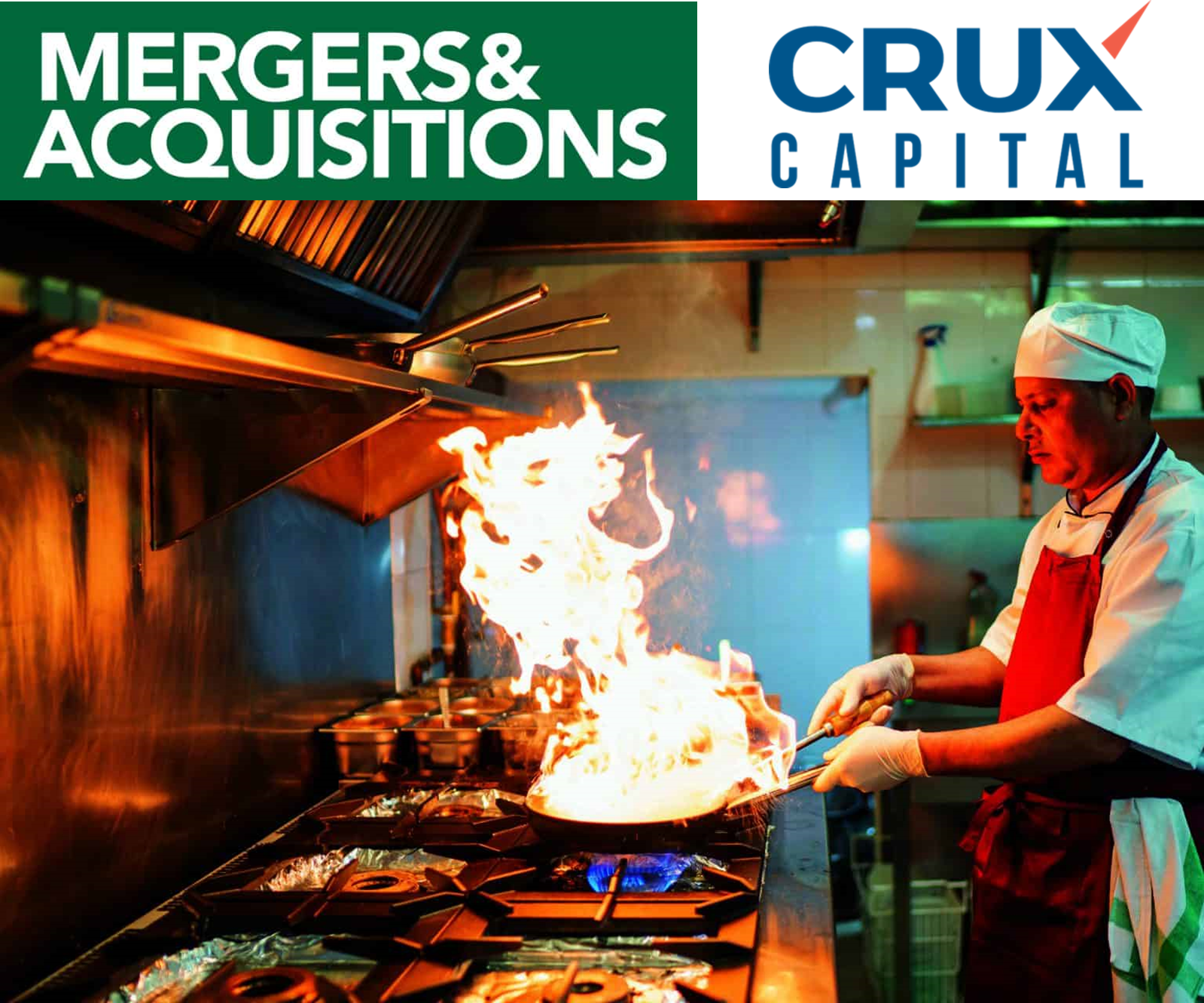Dealmaking Food for Thought
Original Article: Mergers & Acquisitions - August 12, 2024

David Lovelace injected a passion for fresh, high-quality, fast-casual Tex-Mex food when he co-founded Fuego Tortilla Grill in 2010. Starting in College Station, the brand quickly captured the Texas A&M market and expanded to four locations across the state. Recognizing the potential for growth, Lovelace built a solid foundation before ultimately deciding to sell the business, creating an opportunity for new ownership to capitalize on its success and further expand the brand’s reach.
“It was never my goal to build a big restaurant company,” he says. “Each location was basically done as a standalone mom-and-pop restaurant, and if you’re going to grow, that’s not the way you do it.”
Crux Capital, a Dallas-based private equity firm specializing in consumer and services businesses, stepped in last December to launch Uncommon Brands, a restaurant holding company. They brought in Garrett Mills, a seasoned food executive and former NFL player, to lead it and made their first acquisition: Fuego Tortilla Grill. What caught Crux’s attention was Fuego’s impressive performance—averaging $3.8 million in unit volume across four markets, outperforming even industry giants like Shake Shack and Chipotle, according to Crux founder Wayne Moore.
As recently highlighted in Cheryl Meyer’s recent write-up for Mergers & Acquisitions magazine, there are pros and cons to investing in multi-brand concepts, and often, private equity firms operating restaurant holding companies outperform other investors due to their ability to pull levers around purchasing power, ability to attract world-class talent and ability to maintain more exit strategies.
According to Garrett, considerations such as these were factored into his decision to partner with Crux Capital: “One of the reasons I bought into the idea was Crux has a track record of scaling both retail and restaurant operations,” Mills says.
Of course, this investment strategy is not a guaranteed recipe for success and the argument can also be made that in certain instances, it can lead to unexpected and unpreferred outcomes, but we’ll let you dig into this counterpart argument more on your own.
Check out the original article and decide for yourself – is the juice worth the squeeze? We think so.


